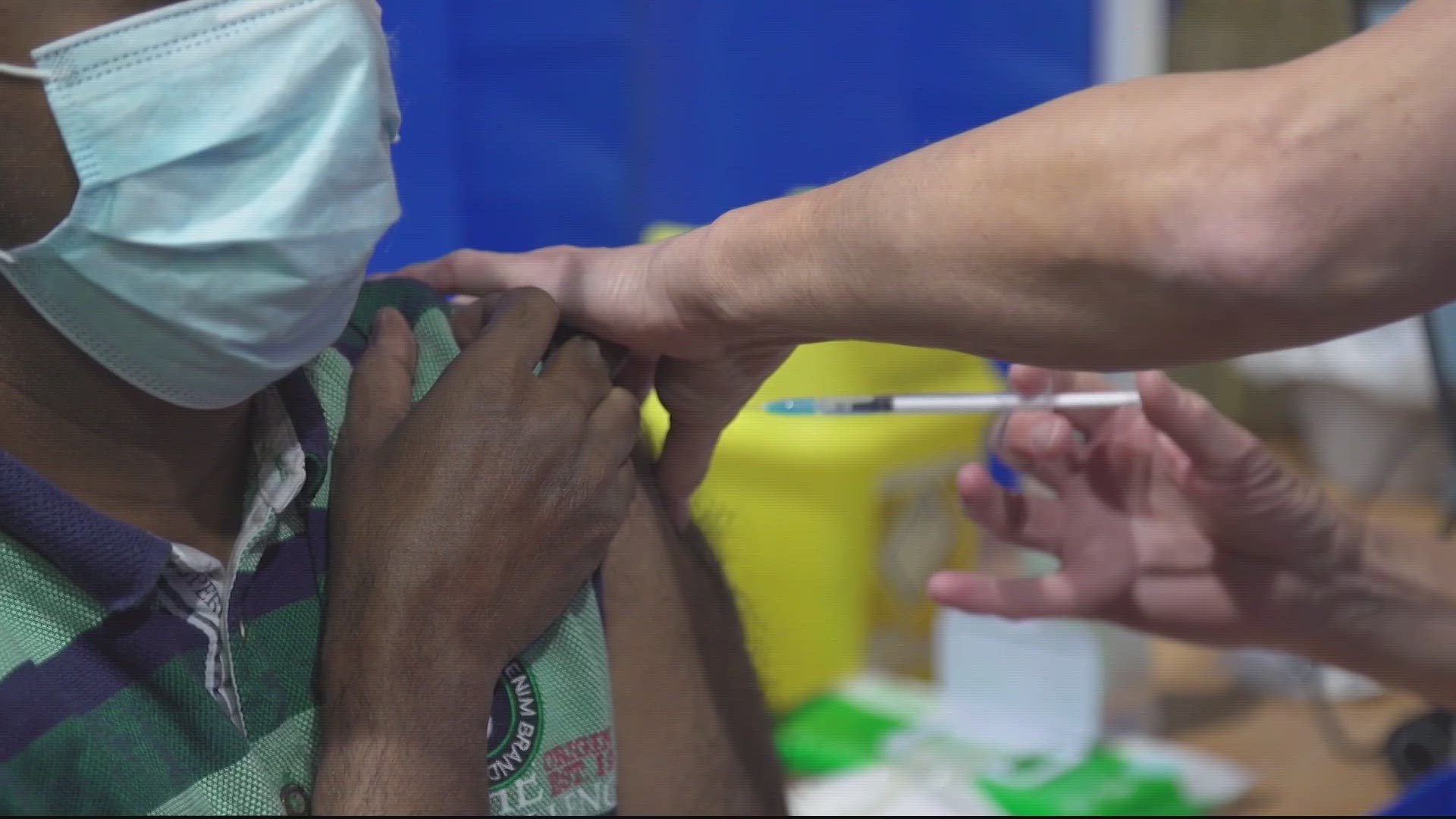WASHINGTON D.C., DC — The World Health Organization announced Friday morning that it is ending the Global Health Emergency for COVID-19. The change represents one more step towards an end to the COVID-19 pandemic - but what impact does it have on our daily lives?
THE QUESTION
Does the end of the WHO’s public health emergency directly change COVID-19 policies in our communities?
THE SOURCES
THE ANSWER
No - the WHO does not have the power to change local policy on its own.
WHAT WE FOUND
The WHO’s director-general can declare an outbreak to be a public health emergency of concern if the organization finds the disease requires a coordinated, international response.
As part of that declaration, the WHO can offer guidelines, send experts where they are needed, and compile data - all of which can help policymakers better respond to the emergency.
However, the WHO cannot impose policies – only countries can do that for their own citizens. So while the end of the WHO’s emergency declaration is an important milestone for our global recovery from the COVID-19 pandemic, it does not immediately change any policies on the ground.
Changes are coming though. On May 11, the national COVID-19 Public Health Emergency is ending across the United States. Title 42 will expire, Medicaid coverage will end for some people, and you might have to pay more for COVID-19 testing, vaccines, and medication. Check out our article delving deeper into those upcoming changes here.

